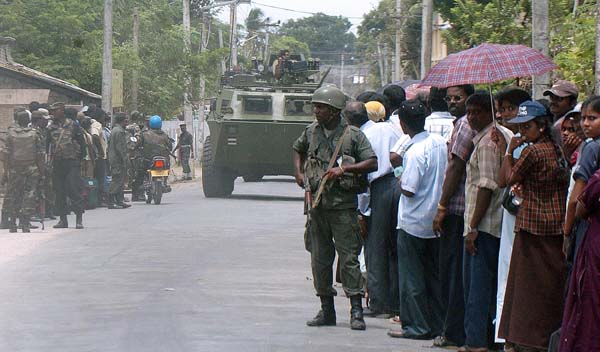Arbitrary and deadly
In April, Sri Lanka’s cash-strapped government suddenly raised taxes on imported cars – from 95% to 120%.
The overnight raise drew this comment from ‘fp’, a reader of Lanka Business Online:
“No warning will be given. An arbitrary state essentially operates by making the lives of citizens uncertain and making it difficult to plan long term.

